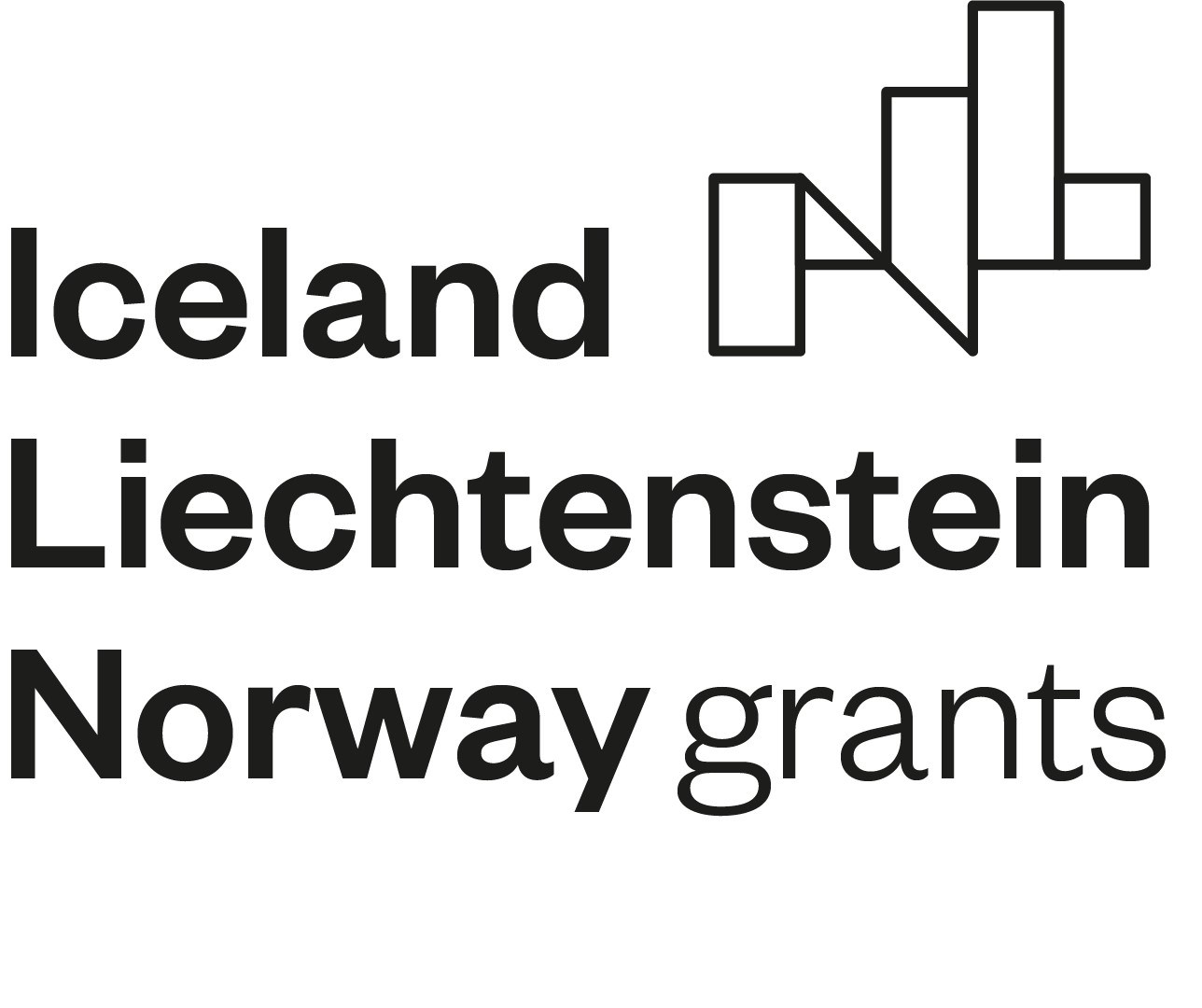AquaDigest: Development of in vitro digestion methods for aquaculture species
AquaDigest

Promoter: S2 AQUA Laboratório Colaborativo, Associação para uma Aquacultura Sustentável e Inteligente
Partners:Havforskningsinstituttet. Bergen, Norway.
EEA Grants: 14 940,00 €
Total Amount: 16 600,00 €
Grace Code: PT-BI103
Programme:What did this initiative focus on?
With the world's population expected to grow to over 9 billion by 2050, there is an increasing demand for seafood as a source of protein. Aquaculture provides a sustainable way to meet this demand and supplement wild-caught fish stocks. Norway is a leading global producer of Atlantic salmon (Salmo salar), with a production of about 1.5 Mt, in 2020. Portugal has also a diverse aquaculture industry that includes sea bass (Dicentrarchus labrax), sea bream (Sparus aurata) and bivalves.
In 2020, Portugal produced 16.9 mt. In order to increase sustainability, the aquaculture industry is moving away from using fish meal as a protein source. Alternatively plant proteins (e.g.soybean meal and wheat gluten meal) are now commonly used, but the industry is also exploring novel protein sources like algae, yeast, and insect meal. Before being used in commercial fish feeds, novel ingredients are evaluated for digestibility and feed conversion through lengthy and costly feeding trials.
To address this, there is a need to develop less time-consuming tools to evaluate the nutritional value of ingredients and diets. These tools can provide more detailed knowledge on the influence of different diet components, which is important in the nutritional evaluation of ingredients and diets for aquaculture. At Institute of Marine Research (IMR), an in vitro method had been developed to study amino acids and minerals in a range of experimental ingredients and diets using Atlantic salmon as target specie. The IMR and S2AQUAcoLAB will evaluate in vitro methodologies for different farmed fish species.